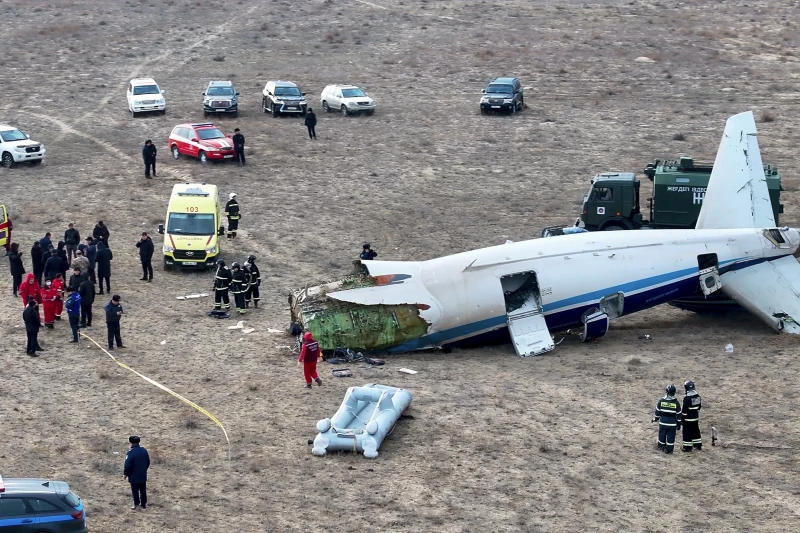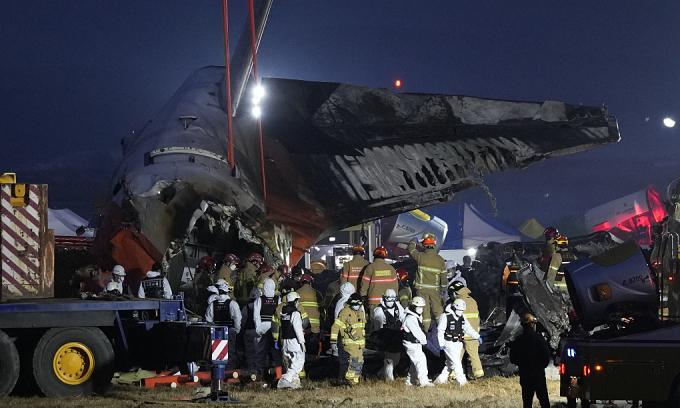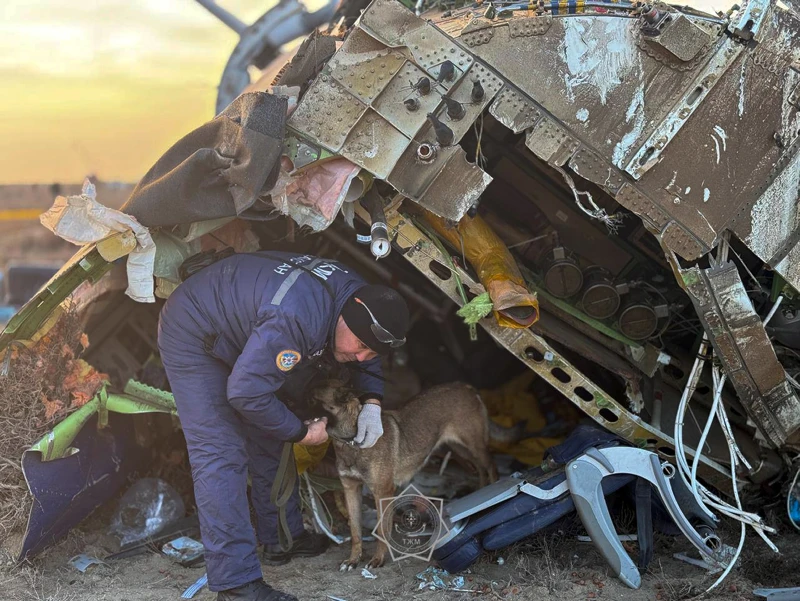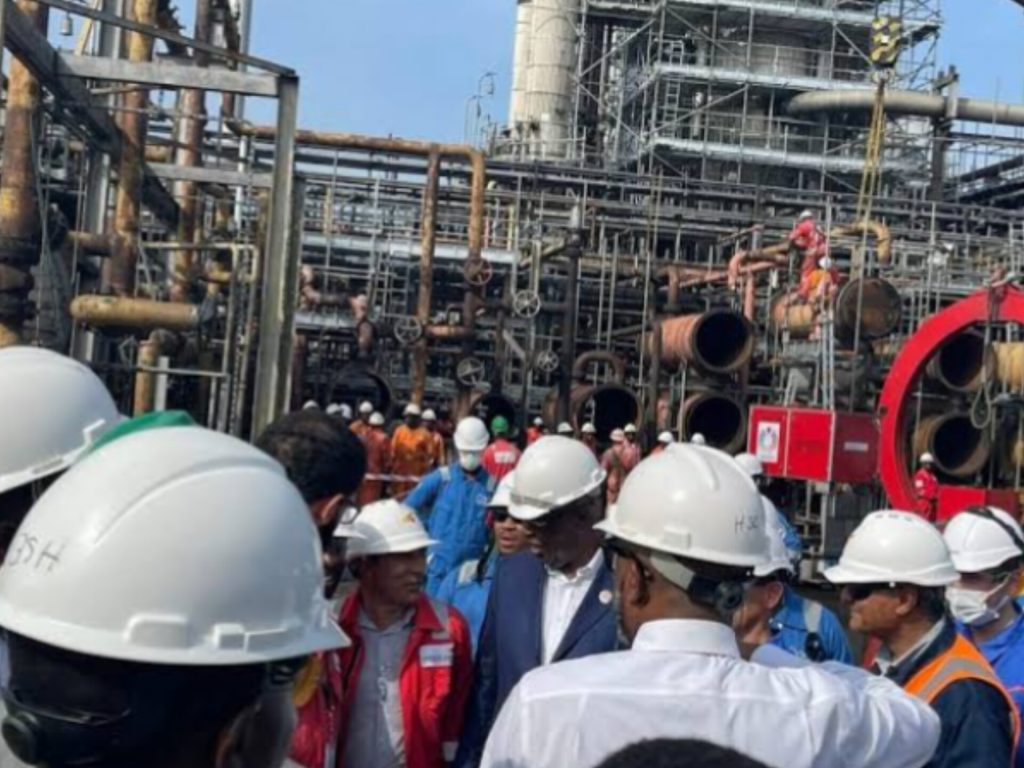NNPCL: Two Dies in Helicopter Crash
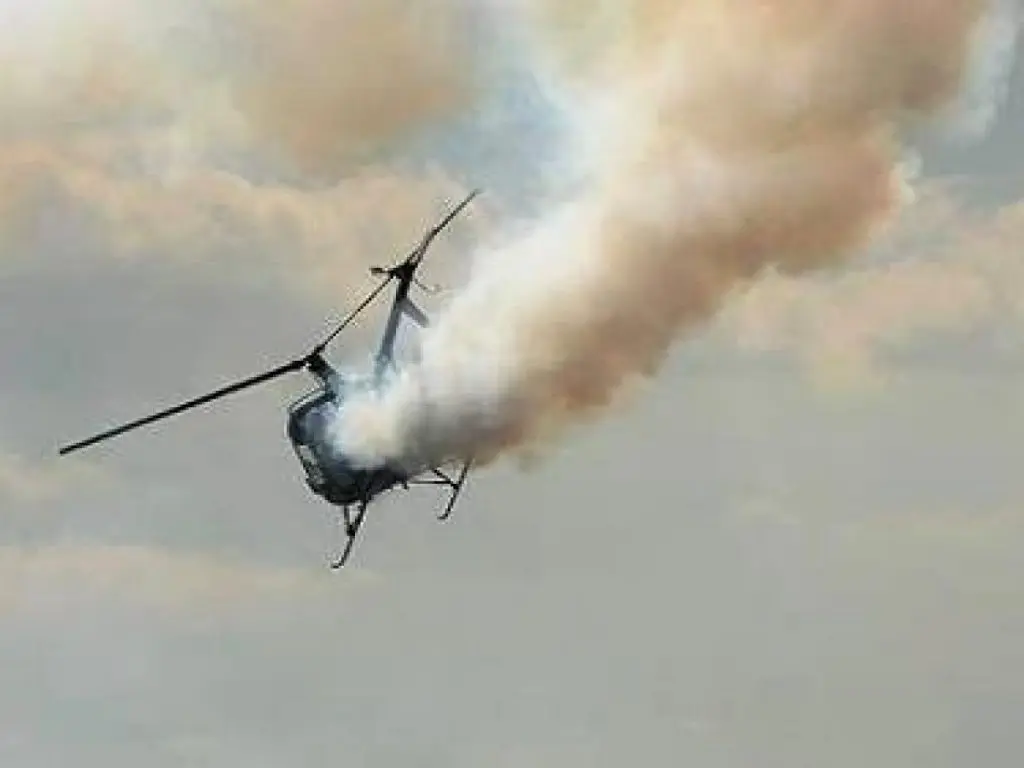
Tragedy struck on Thursday when the Nigerian National Petroleum Company Limited (NNPCL) lost contact with a helicopter engaged by the company, which was carrying eight passengers from the Nigerian Air Force Base in Port Harcourt to the FPSO-NUIMS ANTAN oil facility.
The company’s spokesperson, Olufemi Soneye, confirmed the incident and revealed that three bodies had been recovered so far. NNPCL said it had reached out to the Ministry of Aviation, which had issued a statement regarding the search and rescue mission underway.
The tragic helicopter incident has undoubtedly sent shock waves through the Nigerian oil industry, as the nation grapples with the loss of two of its own and the uncertainty surrounding the fate of the remaining passengers and crew members.
With the search and rescue efforts still ongoing, NNPCL has pledged to provide regular updates on the situation, while also extending their prayers and support to the families of those affected.
In addition to the immediate efforts to recover the victims and find the missing, the incident is also likely to prompt a thorough investigation into the causes of the helicopter crash, with the aim of preventing similar tragedies in the future.
The tragic helicopter crash has also reignited discussions about the safety and reliability of air transportation in the Nigerian oil and gas sector, where the use of helicopters is common for the transportation of workers and equipment to offshore oil rigs and production facilities.
While the sector has made significant strides in recent years to improve safety standards, accidents and incidents still occur from time to time, highlighting the inherent risks associated with offshore operations.
The incident underscores the need for continued investment in safety measures and the importance of implementing strict regulations to ensure the safety of workers in the oil and gas industry.
In addition to the efforts to improve safety standards in the Nigerian oil and gas sector, the helicopter incident has also raised questions about the role of the government in overseeing the industry and ensuring that adequate safety measures are in place.
The Nigerian government has been urged by industry experts to take a more proactive approach in regulating the oil and gas sector, with a focus on enforcing existing regulations and introducing new measures to address emerging safety concerns.
While the government has acknowledged the importance of safety in the industry, there have been calls for more transparency and accountability, particularly in the wake of incidents such as the helicopter crash.


